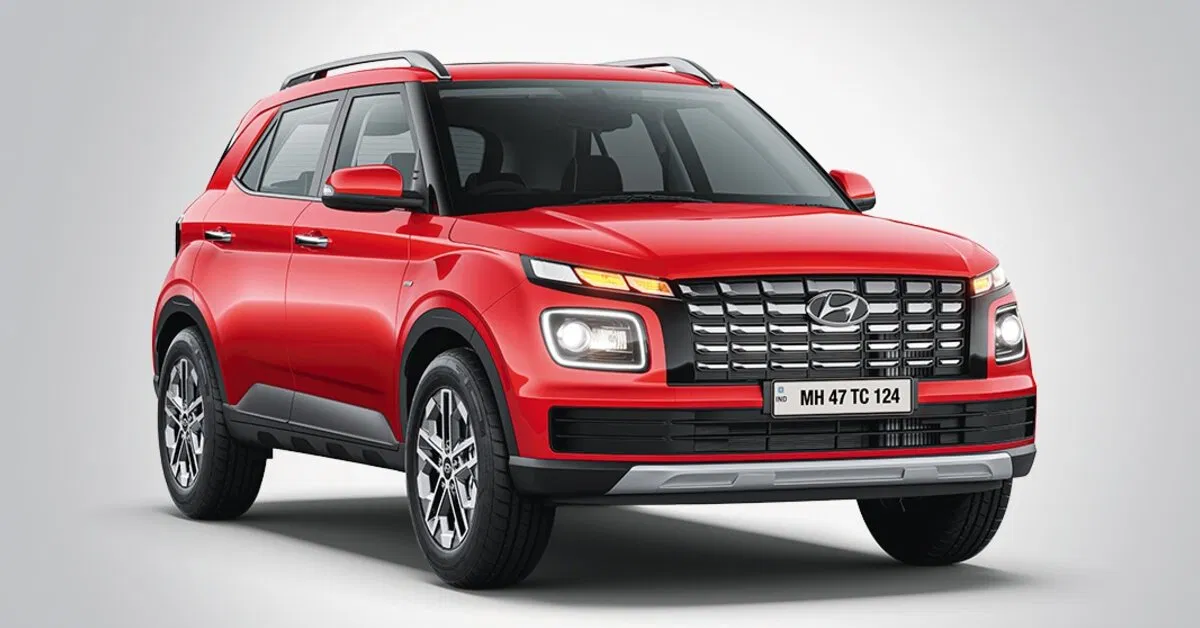As we approach 2025, several automobile manufacturers have announced price hikes for their models. This trend is driven by various factors, including rising input costs, stricter emission norms, fluctuating exchange rates, and inflation. Whether you’re planning to purchase a new car or upgrade your existing one, staying informed about these changes is crucial.
In this blog, we provide a comprehensive overview of all car brands that have confirmed price hikes for 2025, the reasons behind these increases, and how they might affect buyers.
1. Why Are Car Prices Increasing in 2025?
Before diving into the list of brands, it’s important to understand the factors driving the price hikes:
a) Rising Input Costs
The cost of raw materials like steel, aluminum, and lithium (used in EV batteries) has significantly increased, leading to higher production costs for carmakers.
b) Stricter Emission Norms
The implementation of stricter BS7 emission norms in India and similar regulations worldwide has pushed manufacturers to invest in advanced technology, driving up costs.
c) Transition to Electric Vehicles (EVs)
With a global push towards sustainability, brands are investing heavily in EV development, increasing R&D expenses. This is often offset by increasing prices for existing models.
d) Inflation and Exchange Rate Fluctuations
Global inflation and currency exchange fluctuations have also contributed to the rising costs of imported components and overall manufacturing expenses.
e) Enhanced Features and Safety Standards
To remain competitive, brands are upgrading their models with advanced features and safety technologies, which adds to the overall price.
2. List of Car Brands Announcing Price Hikes for 2025
Here’s a detailed breakdown of major car manufacturers that have announced price hikes for 2025:
1. Maruti Suzuki
- Expected Price Hike: Up to 5%.
- Reason: Increased input costs and compliance with upcoming emission norms.
- Models Affected:
- Bestsellers like Alto, Swift, Baleno, and WagonR.
- Premium offerings like Grand Vitara and XL6.
- Impact: Maruti Suzuki’s affordable pricing strategy might still attract buyers, but the hike could slightly affect sales in entry-level segments.
2. Hyundai
- Expected Price Hike: 2-5%.
- Reason: Rising costs of raw materials and updates to meet new safety regulations.
- Models Affected:
- Popular models such as Creta, Venue, i20, and Verna.
- Electric vehicles like Ioniq 5 and Kona EV.
- Impact: Hyundai’s mid-range SUVs and sedans may see a marginal dip in demand due to the price hike.
3. Tata Motors
- Expected Price Hike: Up to 6%.
- Reason: Transition to stricter BS7 norms and increased R&D costs for EVs.
- Models Affected:
- Nexon, Harrier, Safari, and Tiago EV.
- Impact: Tata Motors is focusing on EV adoption, so the hike may push potential buyers to purchase their vehicles before the price increase.
4. Mahindra & Mahindra
- Expected Price Hike: 3-6%.
- Reason: Expensive safety upgrades and adherence to emission standards.
- Models Affected:
- Thar, XUV700, Scorpio N, and Bolero Neo.
- Impact: The hike may not deter SUV enthusiasts, given Mahindra’s strong brand loyalty.
5. Kia India
- Expected Price Hike: 4-5%.
- Reason: Higher production costs and premium feature additions.
- Models Affected:
- Seltos, Carens, Sonet, and Carnival.
- Impact: The Seltos and Sonet might remain top choices due to their feature-rich offerings, despite the hike.
6. Toyota
- Expected Price Hike: 3-7%.
- Reason: Rising component costs and enhanced hybrid technology.
- Models Affected:
- Innova Hycross, Fortuner, Urban Cruiser Hyryder, and Hilux.
- Impact: Toyota’s hybrid focus may continue to appeal to eco-conscious buyers.

7. Honda
- Expected Price Hike: Up to 4%.
- Reason: Compliance with emission standards and higher input costs.
- Models Affected:
- City, Amaze, and the newly launched Elevate.
- Impact: Honda’s compact sedan segment might face competition from rivals offering better value for money.
8. MG Motor
- Expected Price Hike: 3-5%.
- Reason: EV advancements and feature-rich offerings.
- Models Affected:
- MG Hector, ZS EV, and Astor.
- Impact: MG’s premium positioning might soften the blow of the price increase for its target audience.
9. Volkswagen and Skoda
- Expected Price Hike: Up to 4%.
- Reason: Transition to BS7 norms and improved safety features.
- Models Affected:
- Volkswagen Taigun, Virtus, Skoda Kushaq, and Slavia.
- Impact: The hike might reduce demand for mid-level variants.
10. Luxury Brands (Mercedes-Benz, BMW, Audi, Jaguar Land Rover)
- Expected Price Hike: 5-10%.
- Reason: Advanced technology, luxury materials, and compliance with global emission norms.
- Models Affected:
- Popular models across the luxury segments.
- Impact: Buyers in the luxury market may remain unaffected, as price sensitivity is lower in this segment.
3. How This Affects Car Buyers
a) Higher Cost of Ownership
With rising prices, buyers may experience increased EMIs, higher down payments, and a greater overall cost of ownership.
b) Shift to Pre-Owned Cars
Many buyers may consider purchasing pre-owned cars or older models before the price hike.
c) Rush to Buy Before the Price Hike
Dealers often report a spike in sales just before price hikes are implemented, as buyers try to save money.
d) Greater Interest in Entry-Level Models
Price-sensitive buyers may shift to entry-level models or budget-friendly brands.
e) Increased Interest in EVs
While EVs are seeing price hikes, the long-term savings on fuel and maintenance may still make them attractive.
4. Tips for Buyers to Tackle Price Hikes
- Buy Before 2025
If you’re planning to buy a car soon, make your purchase before the price hikes take effect. - Consider Discounted Models
Brands often offer discounts on older stock before introducing price hikes. Look for year-end offers and promotions. - Explore Pre-Owned Options
Certified pre-owned cars can be a budget-friendly alternative to new models. - Opt for Entry-Level Variants
If you’re price-conscious, consider buying a lower variant of your preferred car. - Negotiate with Dealers
Dealerships may offer freebies like accessories, insurance, or extended warranties to offset the price hike. - Go Electric
While initial EV prices might increase, long-term savings on fuel and maintenance could make them a wise investment.
5. Conclusion
The price hikes announced by car manufacturers for 2025 reflect the challenges faced by the automobile industry in adapting to changing regulations, rising costs, and market demands. While these increases are inevitable, buyers can plan their purchases strategically to minimize the impact on their budgets.
Whether you’re eyeing a hatchback, sedan, SUV, or electric vehicle, staying informed about these price changes will help you make the best decision. So, if you’re planning to buy a car soon, act quickly before the hikes come into effect!






